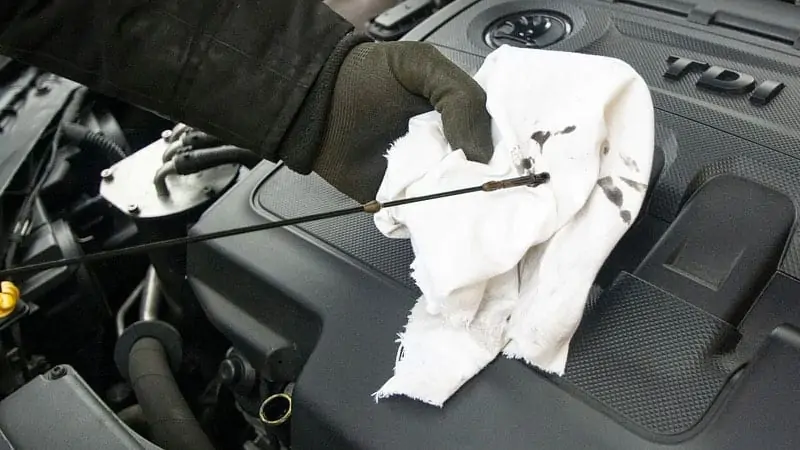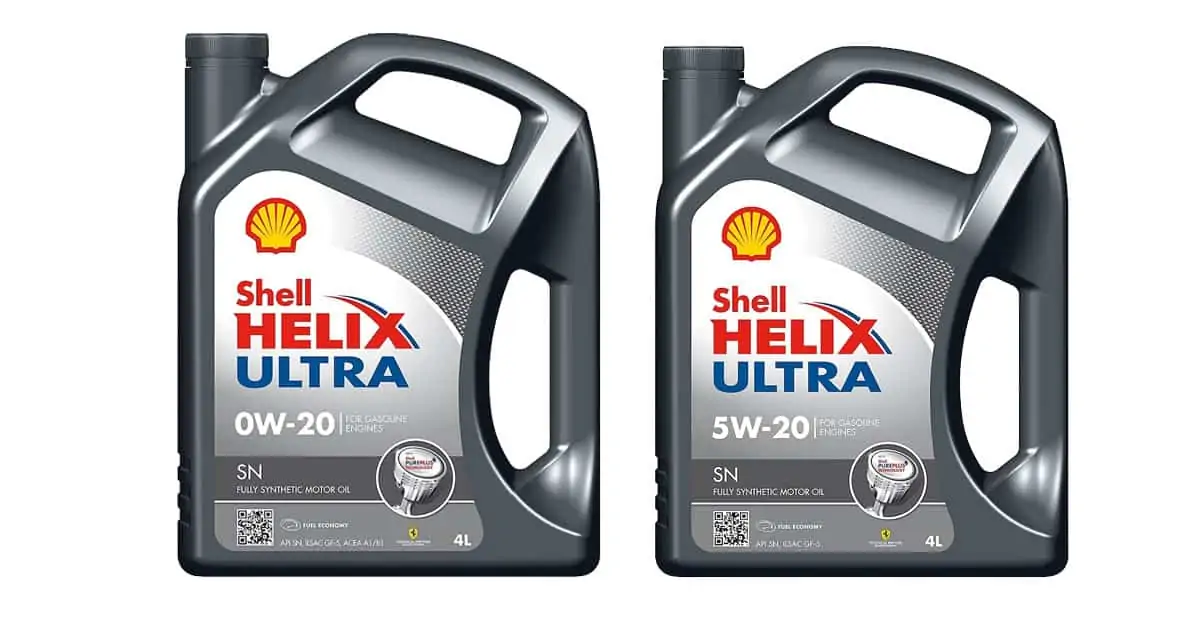The internal combustion engine is, no doubt, one of the essential components of a vehicle. It’s responsible for converting the energy from the heat of burning gasoline into mechanical work or torque, which enables the wheel to keep the car moving. For the internal combustion engine of your car to work smoothly, you’ll need to apply oil regularly.
The primary function of engine oil is to lubricate all the moving parts of a car engine, reducing friction and wear. Since different types of oil exist out there, it’s essential to research and choose the right one for your vehicle.
The 0W20 and 5W20 engine oils are two of the many different types of oils that you’ll see out there. Interestingly, they are both low viscosity and high-quality synthetic grades, capable of optimizing fuel economy. But here’s a burning question: is it possible to mix both 0W20 and 5W20 engine oils?
It’s possible to mix both 0W20 and 5W20 engine oils. However, it isn’t advisable to mix them. Both 0W20 and 5W20 have almost the same properties when utilized in fair-weather temperatures, so they are technically compatible. However, there’s a higher chance that their blending will fail at the -35°C test.
In the rest of this post, I’ll further share everything you need to know about 0W20 and 5W20 oils. Is it possible to mix both oils inside your car engine? You’ll find out the answer to the question and more as you read on.
What Happens if You Use 0W20 Instead of 5W20?
I’m sure you’ll agree with me that mistakes happen. So, here’s a burning question; what exactly will happen if you end up using the 0W20 engine oil instead of the 5W20 oil?
The simple and direct answer to the burning question is yes, you can use 0W20 engine oil instead of 5W20 oil.
However, before going deep to address the question, let me start by talking about the two oils; 0W20 and 5W20 – what exactly are they, and what do they include?
Let me start by breaking it down to you what both 0W20 and 5W20 engine oil mean. First, the numbers you see refer to the viscosity or the weight & thickness of the engine oils.
For 0W20, 0 represents the viscosity of the oil at a cold temperature and 20 indicates the viscosity at operating temperatures. The oil will certainly crank the engine at -35°C/-31°F. Furthermore, 0W20 is a low-temperature grade, which will flow easily and enable the engine to cold-start easily and quickly in cold temperatures. On the other hand, the 5W20 is also a low-temperature grade oil, which is popular because it offers excellent fuel economy. It’s recommended for use during winter or cold periods.
You can use both oils interchangeably

Now, let’s go back to the burning question of whether or not you can use the 0W20 engine oil instead of the 5W20 oil?
As earlier mentioned, you can always use the 0W20 oil instead of the 5W20 oil. According to most 0W20 engine oil manufacturers, such as Toyota and Mobil, you can always use 0W20 engine oil where 5W-20 is recommended and vice versa.
Well, you can use both oils interchangeably because they are low viscosity and high-quality synthetic grades. They are both capable of offering the best fuel economy. That’s not all; at maximum operating temperatures, both oils have the same properties. However, if you reside in a severely cold region, I’ll advise you to stick to the 0W variant, as it’ll encourage your car to cold-start easily and quickly.
Can I Add 0W20 Oil to 5W20?
As earlier mentioned, it’s possible to add 0W20 oil to an engine that already has 5W20 oil. However, this isn’t usually advisable because of several different reasons.
There’s no denying that both oils; 0W20 and 5W20, display the same properties when utilized in fair-weather temperatures. However, you need to understand that 0W20 oil is a fully synthetic oil. On the other hand, 5W20 could either be fully synthetic or partially synthetic. Since that’s the case, you can just go ahead and mix both oils because they possess the same viscosity at operating temperatures.
Even if both oils are fully synthetic and compatible, another problem that you need to keep in mind is the blending factor. The 0W20 oil is very thin and will most likely fail to blend well with 5W20 in severely cold temperatures, usually at or under -35°C.
Here’s another reason why you shouldn’t mix 0W20 and 5W20; both motor oils may have different additives for breaking contaminants inside the engine. If these additives work together, it could cause damage, which I’m sure you don’t ever want to experience.
Will 0W20 Hurt a 5W20 Engine?
Here’s another burning question, will 0W20 hurt your engine when used for a vehicle, which has 5W-20 recommended?
The simple and direct answer to the question is no, OW20 oil will never hurt your 5W20 recommended engine. That’s so because the engine has the same properties as 5W20 at operating temperatures. Instead of hurting your vehicle, the low‐viscosity and fully synthetic 0W20 oil will increase your engine efficiency and also enhance fuel economy.
The bottom line is, you can always use 0W20, and rest assured that no harm will be done to your engine. However, when trying to use the oil, ensure that you remove all traces of 5W20 from the engine.
Will 0W20 Hurt a 5W30 Engine?
Unlike the 5W20 recommended engine, using OW20 motor oil for a 5W30 recommended engine is not a good idea for you. That’s so because both 0W20 and 5W30 oils don’t have the same properties when used in fair-weather conditions.
Furthermore, as earlier stated, 0W20 oil is fully synthetic. On the other hand, 5W30 can either be partially or fully synthetic. So, compatibility is missing in the two oils.
That said, the bottom line is, using 0W20 oil will certainly hurt your 5W30 engine.

